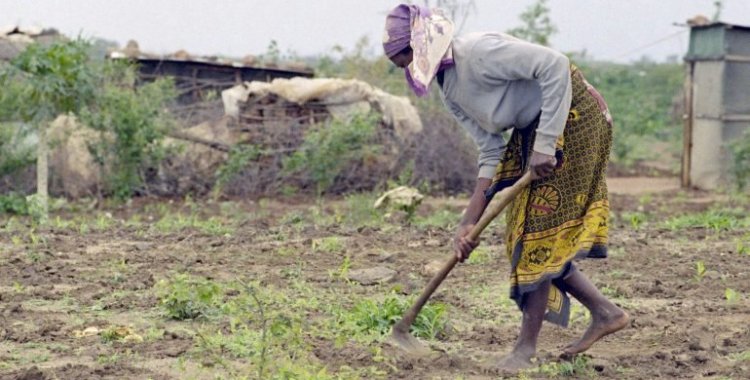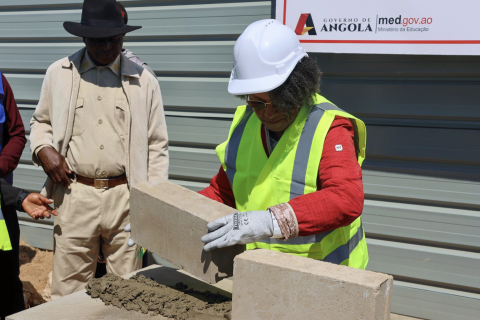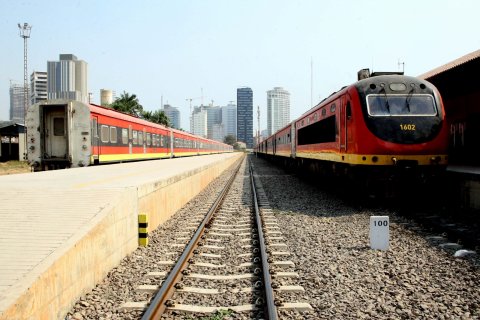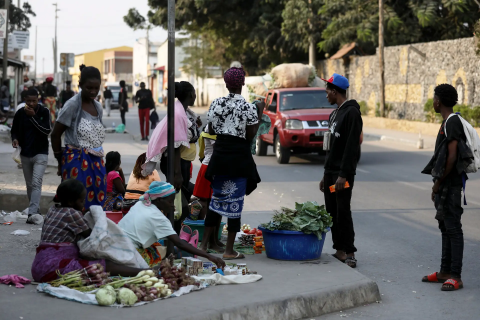"We need to put an end to the idea that we have very fertile soils, unfortunately when someone comes from abroad, whether businessman, politicians or consultants [this idea is passed on]. It's a lie that Angola has the best soils in the world, Angola doesn't have the best soils in the world, our soils are not very fertile, very acidic and have very little organic matter", said Fernando Pacheco this Tuesday.
For the well-known Angolan agronomist, 74 years old, the solution to the problem of Angolan soils, whose official statistics point to 6 million hectares cultivated annually in the country, involves investing in limestone to correct it.
"Without investment this issue cannot be resolved: the investment is to think about those 6 million sown areas if we can make the correction, which means incorporating limestone, to lower the acidity level", he highlighted.
"And this is a great opportunity that is here and that is not considered, we talk about large-scale production, which is not true, when we should be thinking about obtaining results and investing correctly where we should invest, especially in limestone", he argued.
According to Fernando Pacheco, who spoke about the "Challenges and Opportunities in the Agro-industry Value Chain in Angola", during the XII Economy and Finance Forum: Economic Diversification and Financial Markets, promoted by the Angolan Association of Banks (ABANC), the land constitutes one of the limiting factors for agricultural development in the country.
In his presentation, the consultant also presented the official figures of the national agricultural system, noting that the country has 35 million hectares of arable land, 6 million hectares cultivated annually (16 percent), 2.2 million family farmers/ informal and 5858 agricultural companies.
The figures presented also indicate that 66 percent of cultivated land in Angola is worked with manual instruments, 6 percent with tractors and 28 percent with animal traction, with around 50 thousand tons of fertilizers being used annually to treat 100 thousand hectares, less than 2 percent of the cultivated area.
Pacheco also pointed out, in his intervention, land, water, seeds, defensive fertilizers, tractors, communication routes, distribution, credit and financing as factors that limit the development of agriculture in Angola.
The specialist defended the need to preserve land for Angolans, especially for the poorest who live in rural areas, as this is the only capital asset for their survival, disapproving land concessions for long periods.
He also pointed out the technical training of professionals in the sector as an obstacle to agricultural development, recalling that the Ministry of Agriculture and Forestry alone needs a thousand technicians and the Budget for 2024 only foresees the hiring of a total of around 1000 technicians.
The forum, focused on the diversification of the Angolan economy, also aimed to mark the 25th anniversary of ABANC, an entity that represents the banking sector in Angola and which has 25 members.







